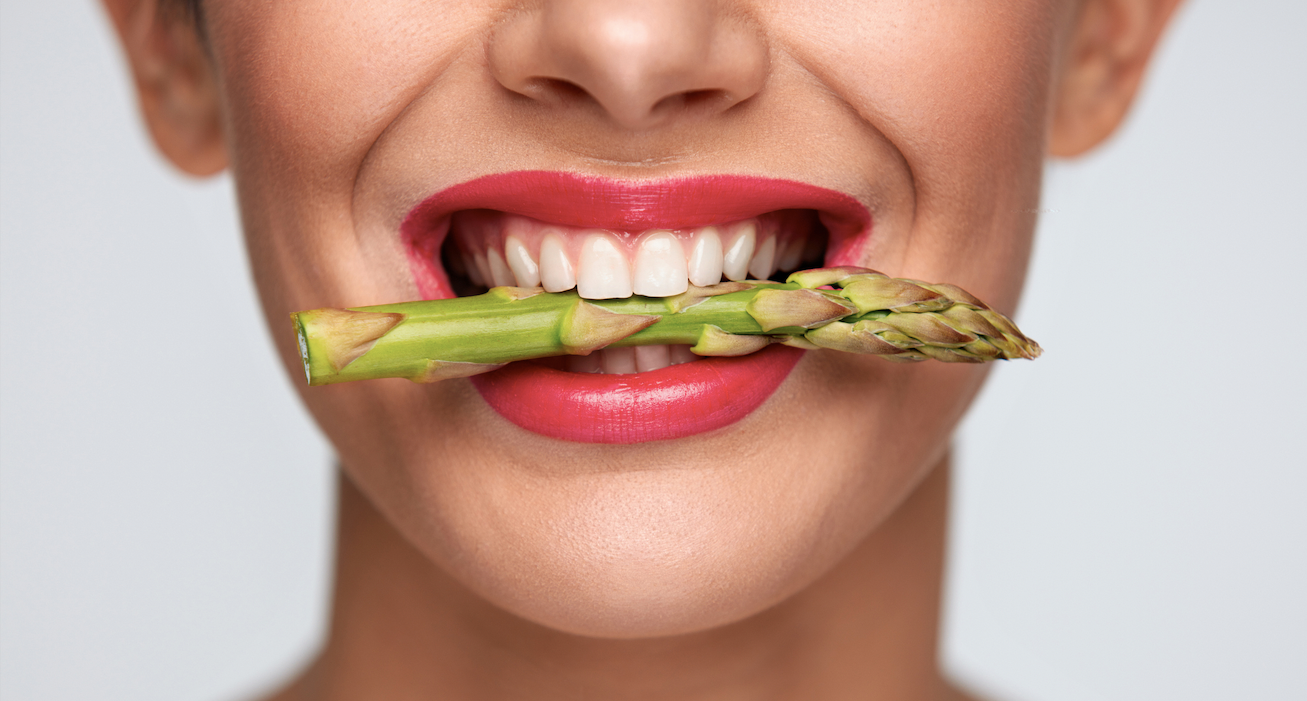Vegetables and Your Oral Health
It’s well known that vegetables are good for your overall health, but are there any benefits specific to your oral health? Read on to find out…
Carefully Crunching Carrots
Though some foods with hard exteriors, like hard candies, may be dangerous for your teeth, vegetables with tough exteriors are actually very good for your dental health! Juicy and fibrous vegetables like carrots make your teeth work a bit harder to break them down into smaller pieces, which stimulates the gums and helps blood flow! Because they are not hard enough to crack your teeth, the extra exercise in breaking them down is also good for your jaw muscles!
The Celery Secret
As well as being crunchy and helping to promote gum health much like carrots, the highly fibrous composition of celery also makes it really good for cleaning the surface of your teeth! As you chew, the fibres splay and become almost like bristles in your mouth, helping to clean off plaque and food particles from the spaces between your teeth as well as the enamel which protects them!
Don’t Leaf Out the Greens!
Leafy greens such as spinach, kale, and lettuce are rich in calcium and folic acid which help to strengthen your teeth and bones and are a great way to encourage strong oral health. And although leafy greens often seem to get stuck in your teeth, they’re actually very helpful in cleaning out your mouth - so just give yourself a quick check in the mirror after eating a salad!
Stay Away from Starch
Some vegetables are good for your body overall but not your teeth specifically, and these tend to be those that are high in starch and sugars, which can actually erode the surface of your teeth and promote plaque-forming bacterias in the mouth. After eating starchy or sweet vegetables, like potatoes, onions, or tomatoes, make sure you’re also consuming some veg that promotes oral health to give yourself a better balance!
What About Fruit?
Although overall the sugar content of fruit makes them less healthy for your teeth overall, there are some fruits which are packed full of the minerals and nutrients we need to form strong bones, and that are therefore good for your teeth in moderation! Figs, for instance, are rich in calcium, magnesium, and potassium, all of which help to promote bone health, and can be eaten fresh or dried! Just make sure to rinse your mouth out after eating sugary fruits to stop acid and bacteria from collecting in your mouth.
Because vegetables are a part of a healthy, balanced diet, you should already be consuming them - at least five a day, ideally - which means you are already doing something good for your teeth! If you want to concentrate on your oral health, choose vegetables that have concentrated benefits for your mouth!


